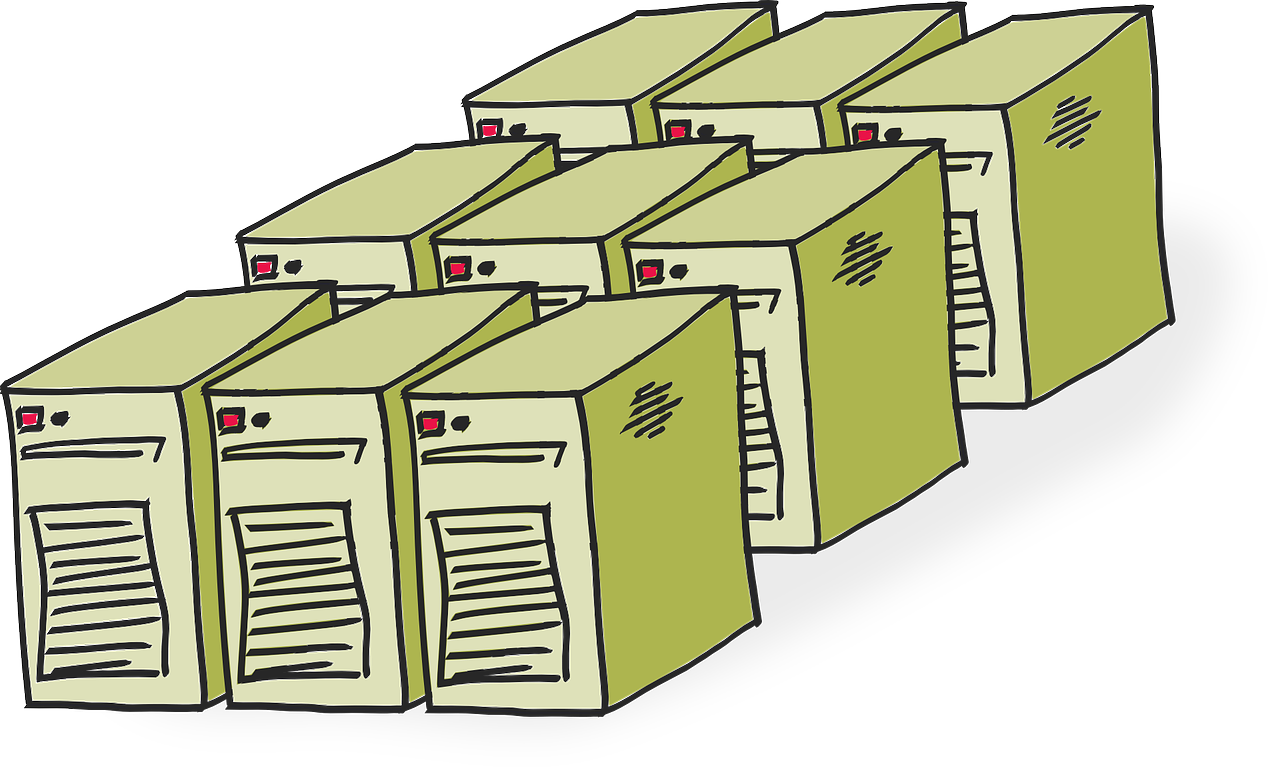One noteworthy aspect that you should never overlook when selecting a web hosting provider is the location of the server where your website will be hosted. While in this era where “cloud” hosting is being promoted left and right, it might be argued that the location of the server is not of primary importance, it is still a highly crucial factor that can affect the performance of your website.
So how important is server location in the world of web hosting? Why should you consider the location of your server before finalising a web hosting plan or provider? This article will answer your questions regarding server location in web hosting.
The Role of Server Location in Web Hosting
Basically, the importance and significance of the location of the server where your website is hosted can be highlighted in two points:
Latency Issues and Response Time
Latency refers to the time taken by a packet of data to traverse one full system. In other words, latency is the time in which a request made by your web browser reaches the website’s server, and is interpreted by the server so as to generate an appropriate response that needs to be sent back to the web browser.
Now, it is only logical that shorter distances mean that the latency time will be lesser: if you are in London, you will get faster responses from a server in Birmingham than from a server in, say, Phoenix or Singapore.
For longer distances, the data packets takes higher amount of time to traverse the system, as compared to shorter distance. Hence, the closer the location of your server is to your site’s audience, the faster its performance will be, owing to shorter latency and response times.
Faster Websites Do Better!
But the big question is: why should you be bothered about latency issues? After all, the difference is often in seconds, and with faster internet access becoming the norm all over the world, it will hardly matter, isn’t it?
To some extent, it might be true. Stable internet connectivity means we can browse websites hosted on servers located in Tokyo and Dubai, while accessing the net via our laptops in London. This is the beauty of the internet!
However, all other things being constant, a faster website with lesser latency issues has a better shot at popularity as compared to a similar site with slightly slower performance. People on the internet have little to no patience, and if your website takes too long to respond, you will lose visitors. Plus, even though the difference might be in milliseconds, search engines such as Google do take pagespeed and latency considerations in account when deciding the pagerank of your website.
As a result, since the location of your server can affect not just the speed of your web pages but also the overall search engine ranking of your website, paying special attention to it is a wise idea.
Appraisal
You should try to pick a server that is located as close as possible to your target audience. Thus, if you are eyeing visitors from the UK, your hosting server too should ideally be located in the UK. For mainland European visitors, EU servers are a good pick, and so on.
On the other hand, if your visitors span across different countries, pick a location for the server that is either equally distant and equally nearby to all locations (say, if your visitors come from different countries of Europe, Amsterdam might be a good location for your website to be hosted at). Alternatively, you can also pick the server location based on the location of the majority of your visitors.
Jolt provides web hosting in a Tier IV datacenter located in Newark, Nottinghamshire. This ensures that your website is easily accessible for visitors from anywhere in UK or even mainland Europe, and at the same time, reduces chances of unwanted events hampering the performance of your site (such as the weather or security issues that might arise in London, and so on). Jolt’s network operates via 10 Gbps routes, and connects to various other networks on the same route. To learn more about the premium datacenter and network location, check out this page.
Also, got any questions related to the location of web server and the role it can play in the growth of your website? Feel free to contact the help desk at any time.
